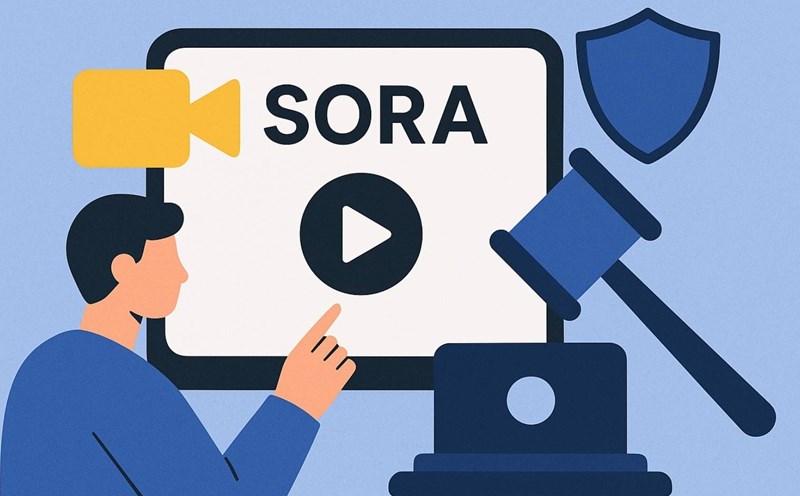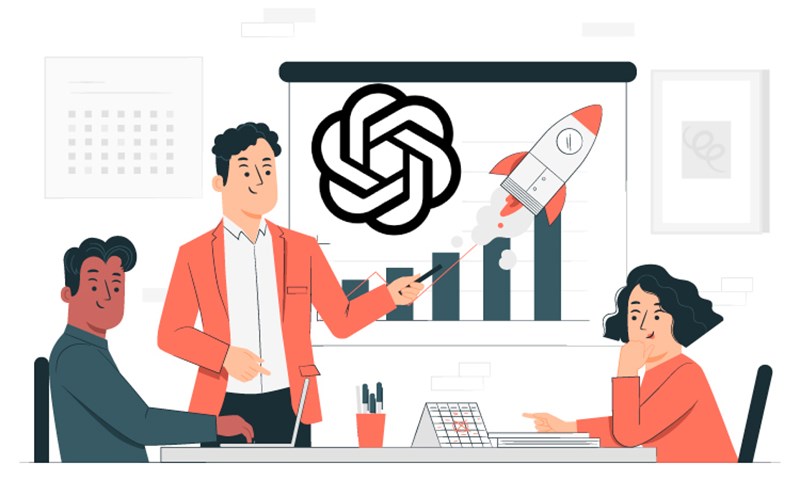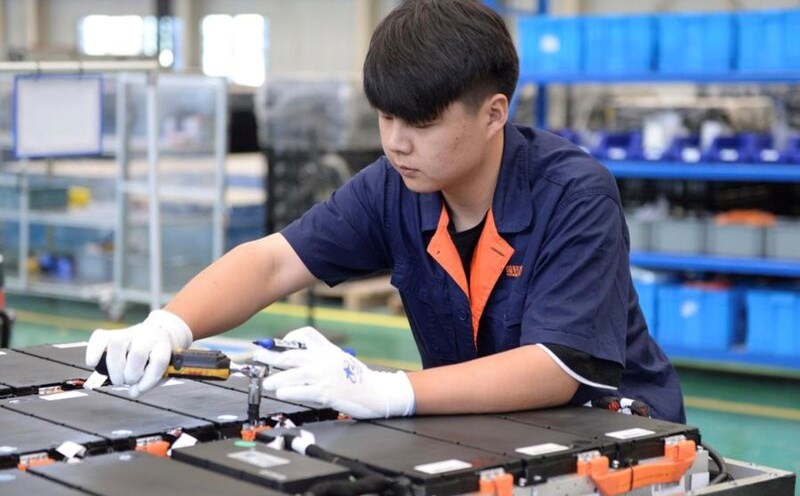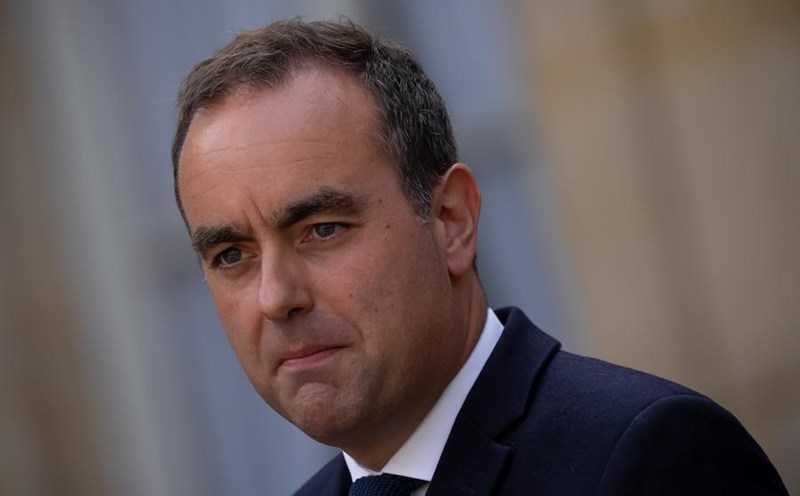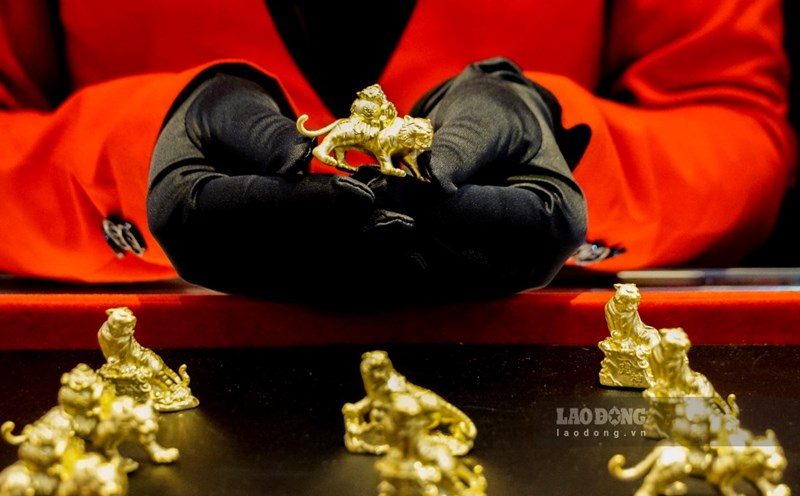Chris Lehane, who was a press secretary for Al Gore and director of crisis management at Airbnb, now takes on the role of Vice President of Global Policy at OpenAI.
One of his tasks is to convince the public that OpenAI is truly interested in making AI fair and accessible to everyone, even though the company is increasingly behaving like other technology giants.
At the Elevate conference in Toronto, during a 20-minute chat on stage, Lehane admitted his conflicts and concerns.
He shared that he sometimes wakes up at 3am to wonder if the company's efforts are really beneficial to humanity.
But the reality is complicated when OpenAI has just launched the Sora video tool, which integrates copyrighted content, allowing the creation of digital versions of famous characters, from CEO Sam altman to Tupac Shakur.
Lehane describes Sora as a multi-purpose technology that democratizes creativity, even for those without talent or resources.
However, OpenAI initially only allowed copyright holders to dismiss AIs use of their works, then switched to a partaking choice model, causing legal controversy and backlash from the Cinema Association.
Lehane cited the US reasonable use theory as an argument, considering it a tool to balance creators rights and public access to knowledge.
In addition to copyright issues, OpenAI faces infrastructure challenges such as data centers in Abilene, Texas and Lordstown, Ohio. This data center consumes a huge amount of electricity, causing costs for the local community.
Lehane compared AI to the advent of electricity, emphasizing that AI will create great benefits but not everyone will benefit immediately.
"Just as when electricity comes, some areas will take longer to use," said Lehane.
The company also faces ethical and humanitarian issues, such as when Zelda Williams - daughter of actor Robin Williams - took to social media to protest the AI creating videos about her father, considering it an attack on memories and privacy, damaging family emotions.
Lehane stressed that OpenAI applies responsible, experimental design processes and government cooperation, but admitted that there are no clear rules.
Inside OpenAI, the conflict is clearer, employees worry Sora 2 is too early and risky, while the company's leaders like Josh Achiam admit that OpenAI must avoid becoming a "terrifying power instead of a moral force".
Lehane also faces legal pressure, with lawsuits and court notices targeting those who criticize the company, but still maintaining its commitment to finding a fair and sustainable solution.
This moment reflects a reality that Lehane's task is not only to convince the public but also to maintain internal belief in OpenAI's mission, as the company races towards general artificial intelligence in a context full of conflict and challenges.


